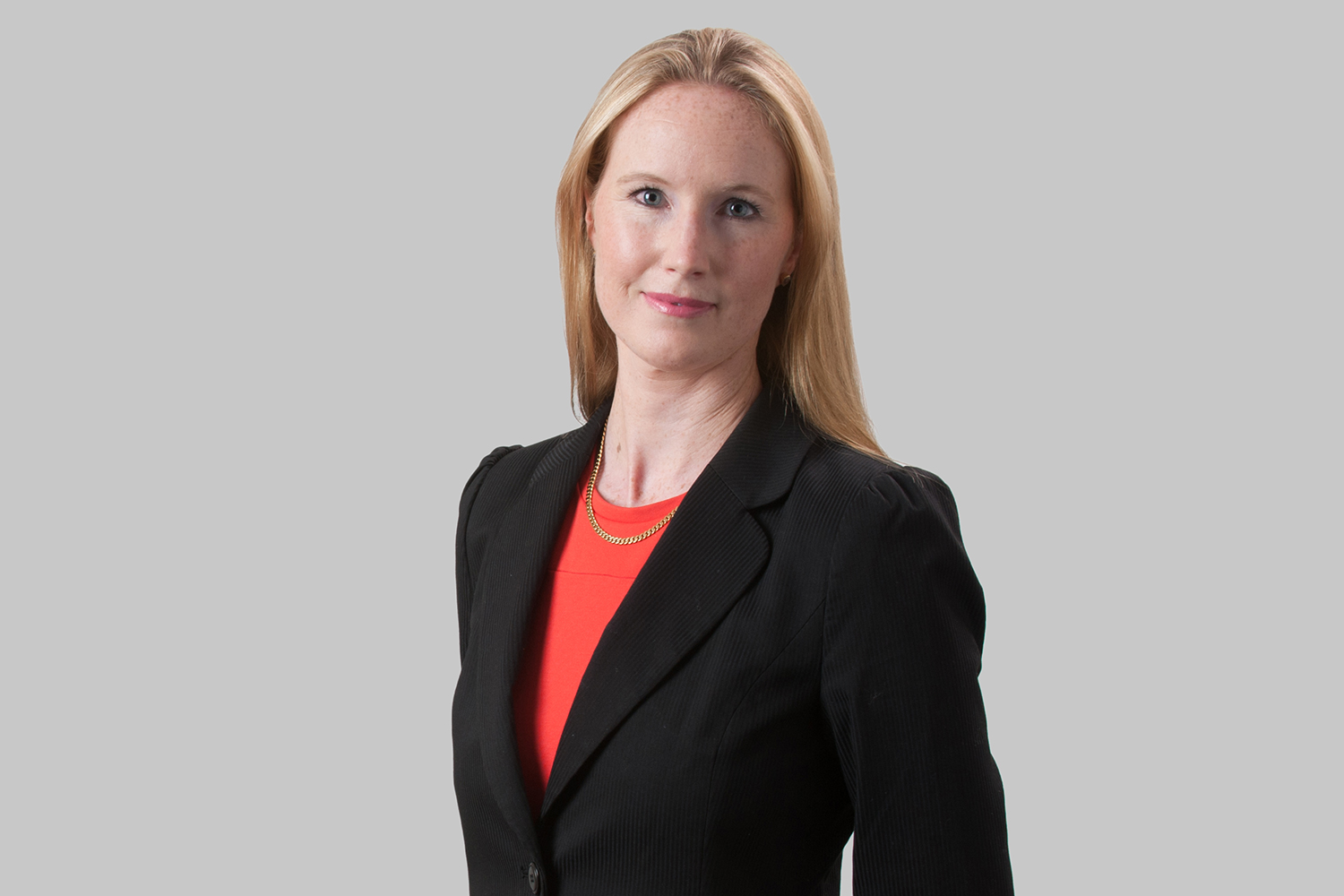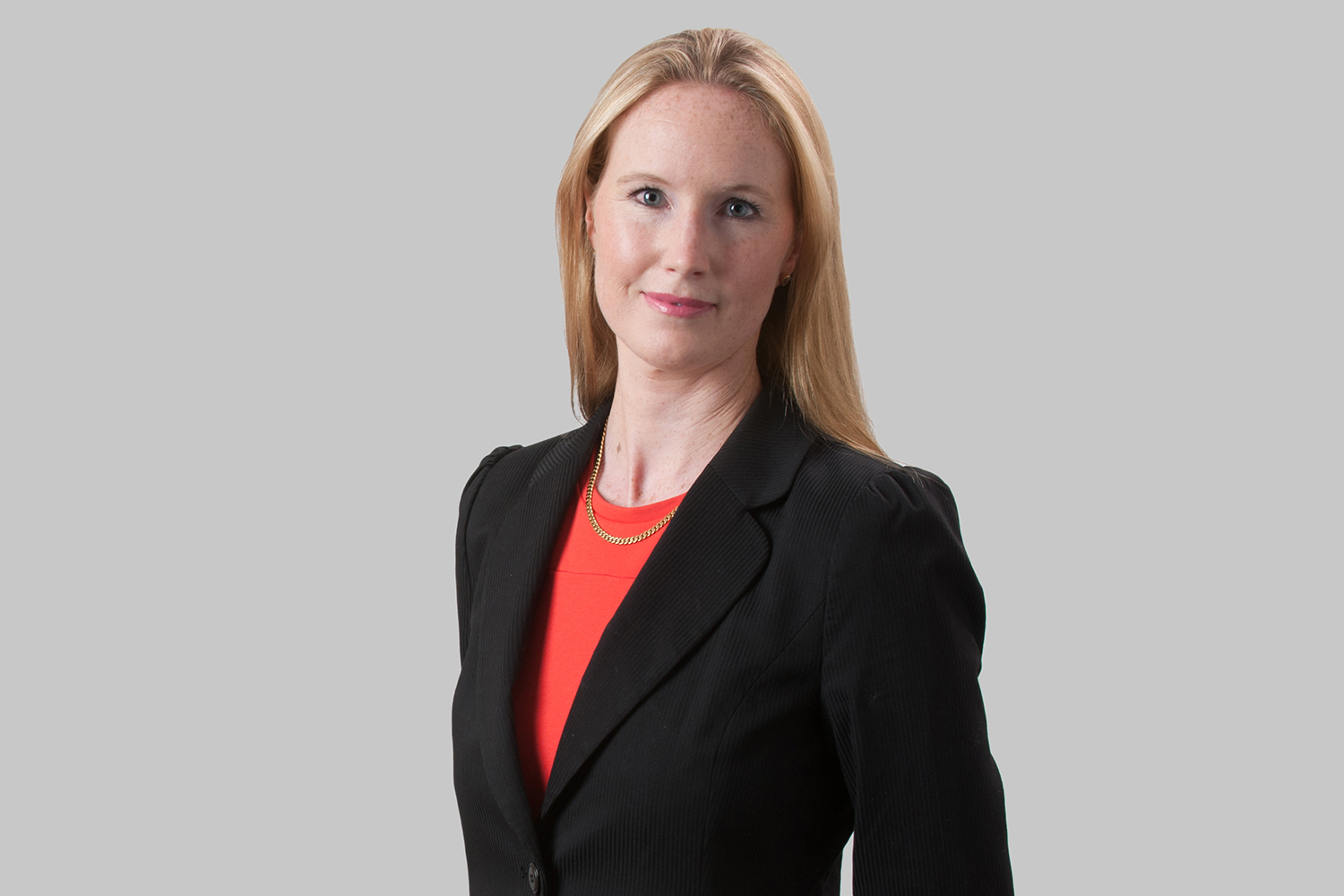
Kate Hodson 凯特·赫臣
Partner and Head of ESG (Legal) 合伙人 | Legal
Hong Kong

Kate Hodson 凯特·赫臣
Partner and Head of ESG (Legal) 合伙人
Hong Kong
In a recent interview with Asian Legal Business, Kate Hodson, partner and Head of ESG (Legal) at Ogier, discussed the role that law firms can play in the sustainability sector, how firms can embed ESG and sustainability within their own business, and the key market challenges Ogier is looking to address.
Why is Ogier looking at ESG and sustainability and what is, generally, the role of law firms in this sector?
Law firms, including Ogier, are having to consider ESG and sustainability from a number of angles. The two key areas being 1) to look at their own business and assess and improve their performance when it comes to matters such as carbon emissions, diversity and inclusion as well as other sustainability metrics, and 2) looking at how best to integrate ESG matters into the legal services they offer to better support clients and communities to address the issues we are facing in society today.
Matters related to the environment and social and governance (ESG) factors are multifaceted and complex issues and we, as lawyers, need to be on top of them. Gone are the days of the E and S considerations sitting predominantly within the remits of human rights and environmental lawyers. Now we are seeing corporate and commercial law firms and lawyers having to think more about these issues as the financial industry as a whole is being drawn into the race to net zero and alignment with the concept of sustainable development.
Lawyers are in a position to help bring about, as well as support, transformational change. We are heavily involved in structuring the frameworks and contracts that support the transition to a low carbon economy, to support sustainable investing and the new forms of products that are being developed as part of this transition. Lawyers can uphold but also push the boundaries of interpretation of legal principles serving the purpose of environmental and social protection so that they can better address the issues and challenges of today's world.
Importantly, lawyers can also help with innovation by finding novel ways of structuring mechanisms which can, for example, help provide investors with assurance about the integrity of a transaction. Whether that be structuring loan or bond documentation with environmental or social KPIs assisting on blended finance transactions or otherwise.
Finally, we are seeing law firms going beyond pure hard law and assisting to advise clients on risk, strategy and more practical implementation measures.
How can law firms embed ESG and sustainability within their business?
We have seen a huge uptick in law firms talking about climate, ESG and sustainability, particularly from a client services offering perspective. But law firms are expected to walk the talk when it comes to sustainability as well. A significant number of large city law firms are already a good way down this path. For many they are earlier on in the journey.
The first step is perhaps to assess the current state of play within the business and then to make well thought out and ambitious commitments to which a firm will hold itself accountable. One would generally expect an experienced individual or team to lead the development and implementation of the strategy, and such person or persons should have a direct reporting line to the legal executive board so that matters can be raised to the top level and challenges made where necessary.
For example, at Ogier we have hired a Head of Sustainability, this is a global role and we have chosen someone who has an impressive background with many years of sustainability experience. Importantly, she is someone who has the resilience to help push boundaries within the firm. A head of sustainability needs to be well supported by an operations team who can help measure and manage all the data that has to go in to managing a business's environmental footprint. And then ultimately you will really need buy-in from the leadership – I mention this last but it is, in fact, the most important factor.
We know that there will be challenges in the sustainability journey and it is perhaps important to not get ahead of ourselves in just delivering all the positive news but acknowledge where we continue to have negative impacts and how we hope to address this as part of our strategy over a period of time.
There are of course credible and less credible ways of making pledges and moving forward. A number of leading firms are making commitments to SBTi - the Science based Target initiative - which is the global body enabling businesses to set emissions reduction targets in line with climate science. But I think we also have to bear in mind that the potential influence of a law firm can go far further than simply reducing its own carbon footprint.
What are the key market issues and challenges that Ogier is looking to address?
One area is the talent gap in sustainability. Almost overnight, some of our lawyers are now needing to be in a position to advise on issues relating to climate change and other environmental and social factors in the context of corporate and financial transactions. We have certainly seen how beneficial it is to clients when our lawyers are not just technical banking, corporate or capital market lawyers but also have sufficient knowledge about ESG factors so they can appropriately help identify risks in documentation and transactions and guide clients appropriately.
We, like other firms, have therefore focused on delivering ESG training and knowhow to lawyers. This doesn’t make ESG experts overnight but it does help build expertise over time. We've also found, through running a survey within the firm, that a number of our lawyers have useful skillsets from prior roles such as in the area of human rights that we can leverage. Further, Ogier Global our sister company, which houses our fiduciary services and corporate administration business, has launched a sustainable investing and ESG consultancy and has hired experienced, tenured sustainability professionals to its team. By partnering with the consultancy team, we are able to offer combined legal and regulatory advice pairs with technical implementation aspects.
Finally one of the challenges is just how multifaceted this whole topic is – it's tempting to try and cover everything but at the end of the day we prefer to focus on the areas where we can be experts, and then build partnerships within the broader industry so we can bring the right expertise together.
Ogier is a professional services firm with the knowledge and expertise to handle the most demanding and complex transactions and provide expert, efficient and cost-effective services to all our clients. We regularly win awards for the quality of our client service, our work and our people.
This client briefing has been prepared for clients and professional associates of Ogier. The information and expressions of opinion which it contains are not intended to be a comprehensive study or to provide legal advice and should not be treated as a substitute for specific advice concerning individual situations.
Regulatory information can be found under Legal Notice
Sign up to receive updates and newsletters from us.
Sign up